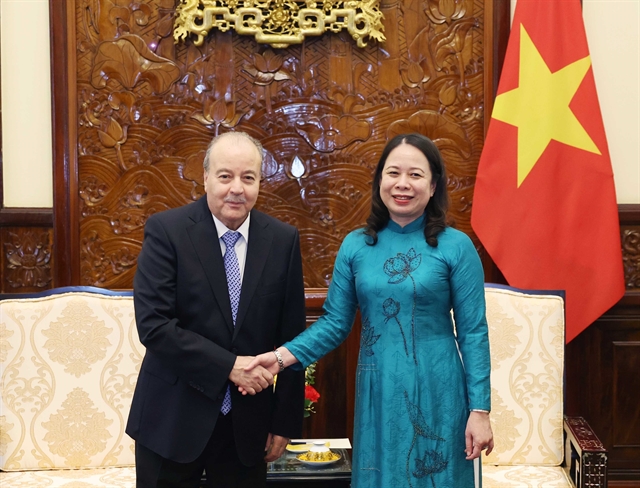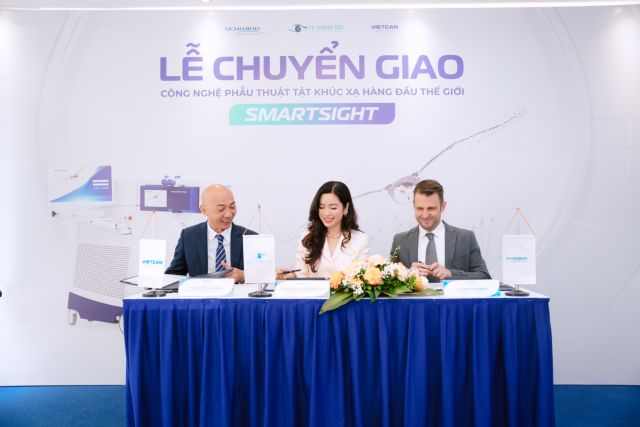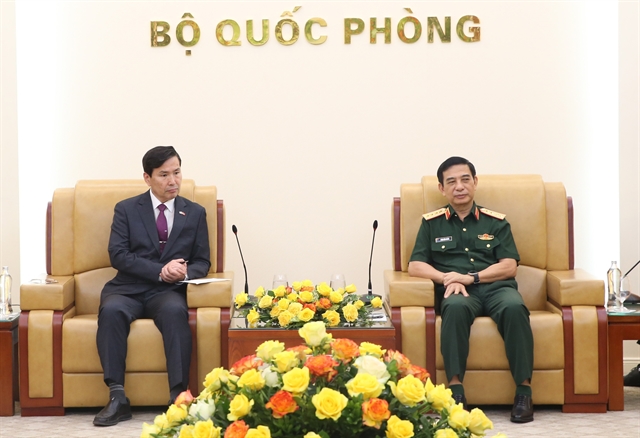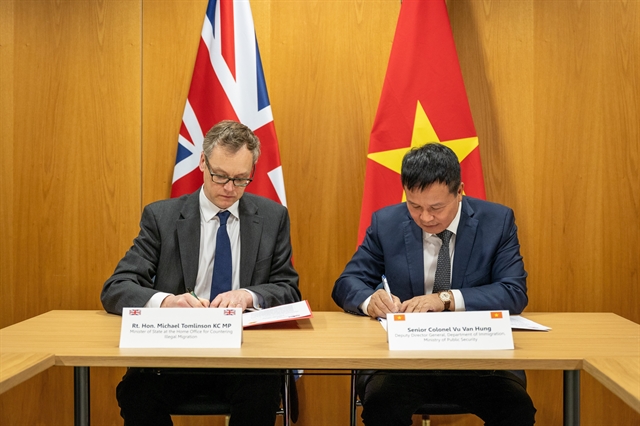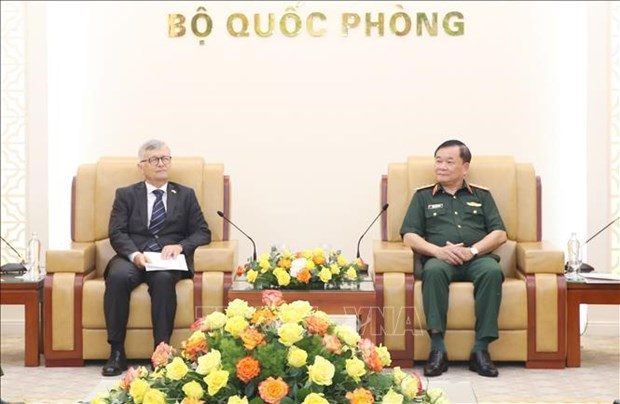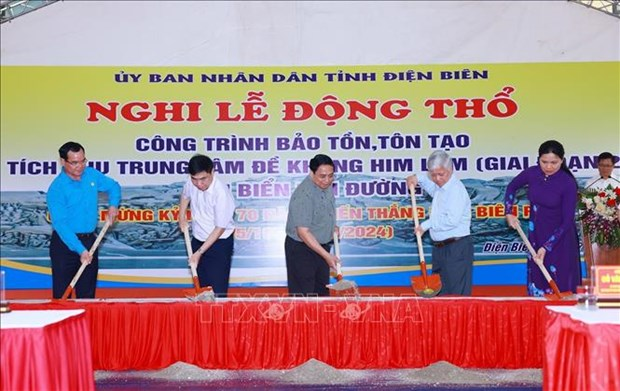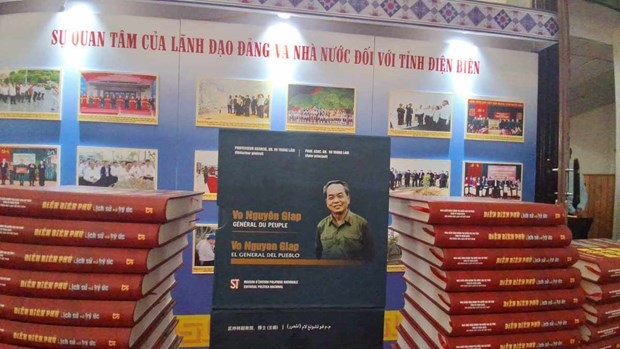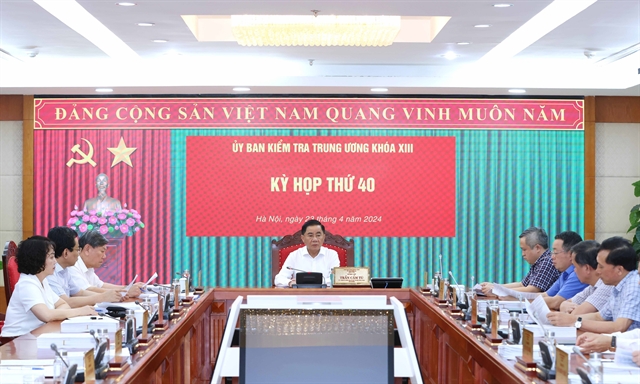

LIMA — A Peruvian court ordered the arrest on Wednesday of ex-president Pedro Pablo Kuczynski at the request of prosecutors investigating the giant Odebrecht corruption scandal that forced him from office a year ago.
Judicial authorities said the 80-year-old former president -- who resigned last year amid the scandal -- would be held for a preliminary period of 10 days "for the alleged crime of money laundering in the Odebrecht case."
The Superior Court on organised crime also authorised prosecutors to conduct a 48-hour search of Kuczynski's home for documents related to the case.
Police arrested the former Wall Street banker at his home in the upmarket Lima suburb of San Isidro shortly afterwards. Following a medical check, they brought him to police headquarters in downtown Lima, where he will be held for the period of his detention.
An outraged Kuczynski said the charges were "ridiculous," adding that he was the victim of political "persecution."
Kuczynski's lawyer Nelson Miranda told reporters he would appeal the court's decision.
Kuczynski, popularly known as PPK, became the first sitting president to resign over the sweeping graft scandal involving Brazilian construction giant Odebrecht when he stepped down in March 2018.
Odebrecht has acknowledged being at the centre of Latin America's biggest graft scandal, handing out more than US$750 million in bribes across 12 countries to secure infrastructure contracts.
The affair has embroiled four Peruvian presidents, including Kuczynski's predecessors Ollanta Humala, Alan Garcia and Alejandro Toledo, who is facing extradition from the United States, having been charged with taking a $20 million Odebrecht bribe.
Odebrecht has admitted paying at least $29 million in bribes to Peruvian officials since 2004. — AFP

